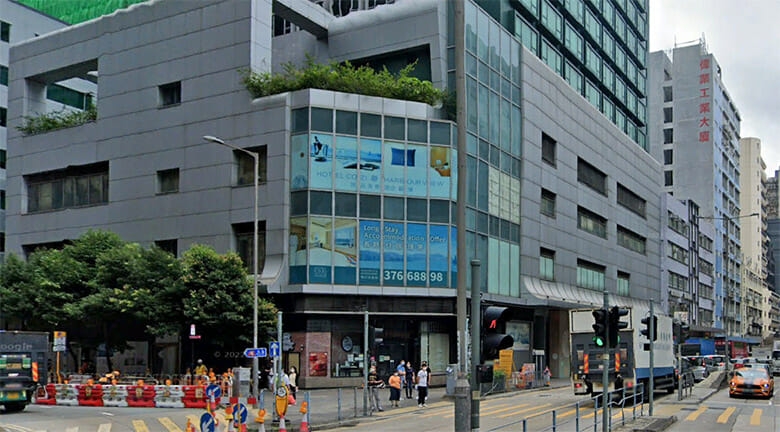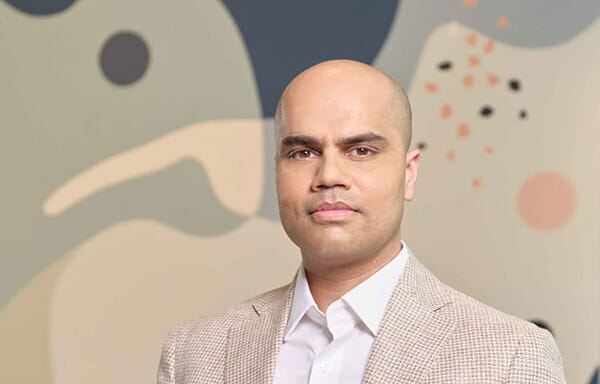
Hotel Cozi Harbourview would add 598 rooms to Weave’s portfolio
Weave Living is looking to expand its Hong Kong portfolio with a pair of Kowloon hotels to add to the four it has already bought so far in 2022.
The rental apartment start-up’s potential acquisitions of the Hotel Cozi Harbour View and Hotel Ease Mong Kok also mark the latest stage in the wind-down of the hotel businesses owned by the family of Hong Kong’s late “Shop King”, Tang Shing-Bor.
Weave is now conducting due diligence on the deal, according to market sources familiar with the transactions who spoke with Mingtiandi, which if completed would make it one of the biggest buyers in the Hong Kong property market this year.
The discussions fit into a revival of interest in in Hong Kong hospitality assets and serviced apartments transactions in the third quarter of 2022, as Weave and its competitors look for rental housing opportunities. The total value of these deals was HK$3.2 billion, showing a year-on-year increase of 104 percent, according to Colliers latest investment report.
Kowloon Hospitality
The 598-room Hotel Cozi, which covers around 235,000 square feet (21,832 square metres) of gross floor area across 32 storeys, is located at the junction of Wai Yip Street and How Ming Street, less than a 15-minute walk from the Kwun Tong MTR station.

Weave Living founder Sachin Doshi
Located two MTR stops from Weave’s existing apartment complex in the city’s Prince Edward area, the 199-room Hotel Ease spans 50,357 square feet of gross floor area, and sits on 60 Portland Street.
Once acquired and refitted, the two properties would add 797 rooms to Weave’s portfolio, increasing its total room count by more than 53 percent from the existing 1,500 room across 10 properties in Hong Kong and Singapore.
Tang Shing-bor is said to have purchased Hotel Cozi from Hong Kong’s Henderson Land Development in 2017 for HK$2.3 billion. One year later, he bought Hotel Ease from Emperor Group at a price of HK$1.1 billion,according to local media.
The exact price of the latest sale is unclear. While local media reported a transaction price of HK$3.2 billion ($407.7 million), sources familiar with the deal have told Mingtiandi that this is inaccurate and the real figure could be much lower.
According to Alex Leung, senior director at CHFT Advisory and Appraisal, prices for major hotel transactions so far this year have been struck at varying room rates, with the HK$1.65 billion disposal of Hotel SAV in Hung Hom, changing hands for the equivalent to HK$4.25 million per room. Whereas the HK$1.37 billion sale of the Rosedale Hotel in Tai Kok Tsui, which Weave bought in partnership with PGIM Real Estate, translated to a rate of HK$3.1 million per room.
Weave’s latest deal comes less than two months after it teamed up with LaSalle Investment Management to purchase a 25-unit apartment tower on 68 Robinson Road for HK$275 million.
That acquisition follows Warburg Pincus-backed Weave’s joint venture with global investor Angelo Gordon to buy the Grand City Hotel in Hong Kong Island’s Western district for HK$900 million.
Family Sales
Once the sale of the two hotels is complete, the Tang family will be left with just one hotel in its portfolio.
Tang’s fortune, and moniker, came from the 200-strong set of retail shops he built up in Hong Kong’s Causeway Bay shopping district before the 1997-98 Asian financial crisis ended a planned IPO for the firm.
His youngest son Stan Tang set up Stan Group, which built a portfolio of residential, commercial and industrial assets throughout Hong Kong and the company’s subsidiary, the Living Group, went into the hotel sector.
The family acquired a number of hotels including a 14-storey hotel at 80 Kimberly Road in Tsim Sha Tsui for HK$330 million and the 30-storey Inn Hotel Hong Kong in Yau Ma Tei for HK$1.1 billion, both in 2018.
This bet on Hong Kong’s hotel sector quickly went sour with the protests that erupted in 2019, followed by the impact of Covid, resulting in a total collapse in the number of mainland Chinese visitors to the city.
According to Statista the number of Chinese visitors to Hong Kong peaked at just over 50 million in 2018, and this had already fallen to 43 million by 2019. Covid sharply accelerated the decline with mainland visitors falling to two million in 2020 and virtually zero the following year.
By 2020 Tang was looking to back out of the hotel sector and scrapped a planned acquisition of the H1 Hotel in Mong Kok for HK$328 million in 2020, and started to offload a property portfolio estimated to be worth HK$6.5 billion.
The same year Tang was hit with a lawsuit over HK$12 million ($1.5 million) of unpaid back rent on a building at 182 Nathan Road in the city’s Tsim Sha Tsui which housed the Minimal Hotel managed by the Living Group.
It is not just hotels that the Tang family is disposing of. In August this year, the youngest son of the late Tang patriarch agreed to sell a 56.15 percent interest senior care provider Pine Care Group to privately-owned Chinachem Group for HK$451.2 million.One month before that deal, the family reportedly sold a senior home in Kowloon City to local developer K&K Property for HK$1.14 billion, taking a loss of HK$160 million on the deal.
Leave a Reply